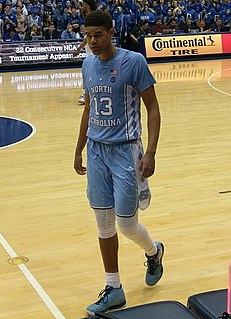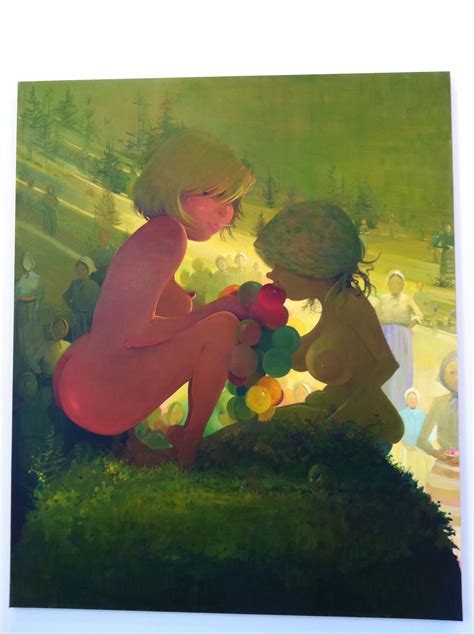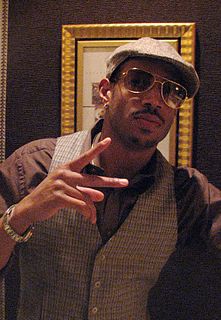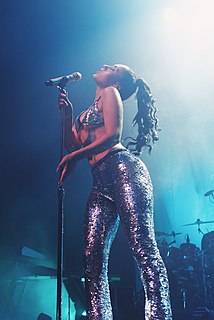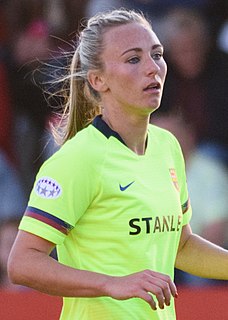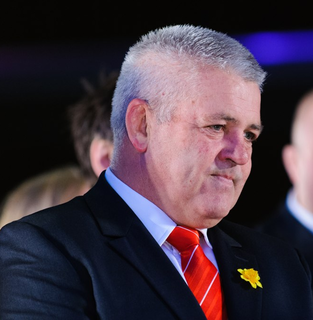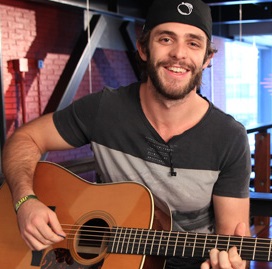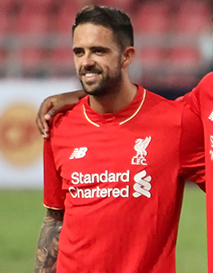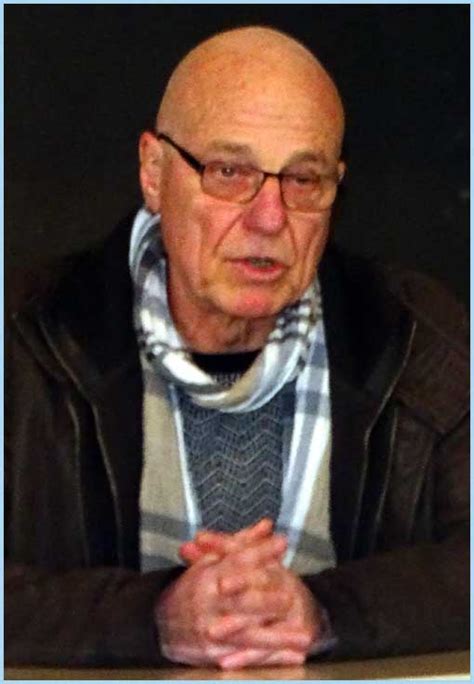A Quote by Eleanor Catton
As an artist, you need to be not at all entitled in your relation with the work. So money is kind of worrying. You can start to expect things if you're used to a certain level of comfort.
Related Quotes
Start with the least amount of money possible. Some people say they need a certain amount to start, and I say you need a half of that or a third of that. That gives you the biggest return. If you put all your eggs in one basket, it's harder to adapt when you need to. Unless it's very capital-intensive, you don't need much money.
We're trying to learn from [Olympic] Beijing, which could be very intimidating. We've learned to expect it's power, it majesty and that it completes a cycle of certain types of shows... I don't think any nation could do anything on that scale. We haven't got that money, and I don't think anybody would have the appetite for that kind of expenditure and that kind of control, so we're going to try and do something a bit more intimate and try and start again... start a new cycle for these kind of ceremonies.
Every artist knows that there is no such thing as "freedom" in art. The first thing an artist does when he begins a new work is to lay down the barriers and limitations; he decides upon a certain composition, a certain key, a certain relation of creatures or objects to each other. He is never free, and the more splendid his imagination, the more intense his feeling, the farther he goes from general truth and general emotion.
We've all seen talented young players who get to a certain level but there comes a point where that talent will only take you so far. The great players go away and work on extra things. They work harder on their skills, they start having early nights and they think about their diet and training. That is what takes them to the next level.
A sermon is a form that yields a certain kind of meaning in the same way that, say, a sonnet is a form that deals with a certain kind of meaning that has to do with putting things in relation to each other, allowing for the fact of complexity reversal, such things. Sermons are, at their best, excursions into difficulty that are addressed to people who come there in order to hear that.
I decided that the whole idea of what it means to be an artist was that somehow you are ontologically oriented toward poverty : "As an artist, you don't make money." I had to figure out some kind of way to guarantee that I'd be able to continue doing the work that I wanted to do, whether I made money from the work I was doing or not.

